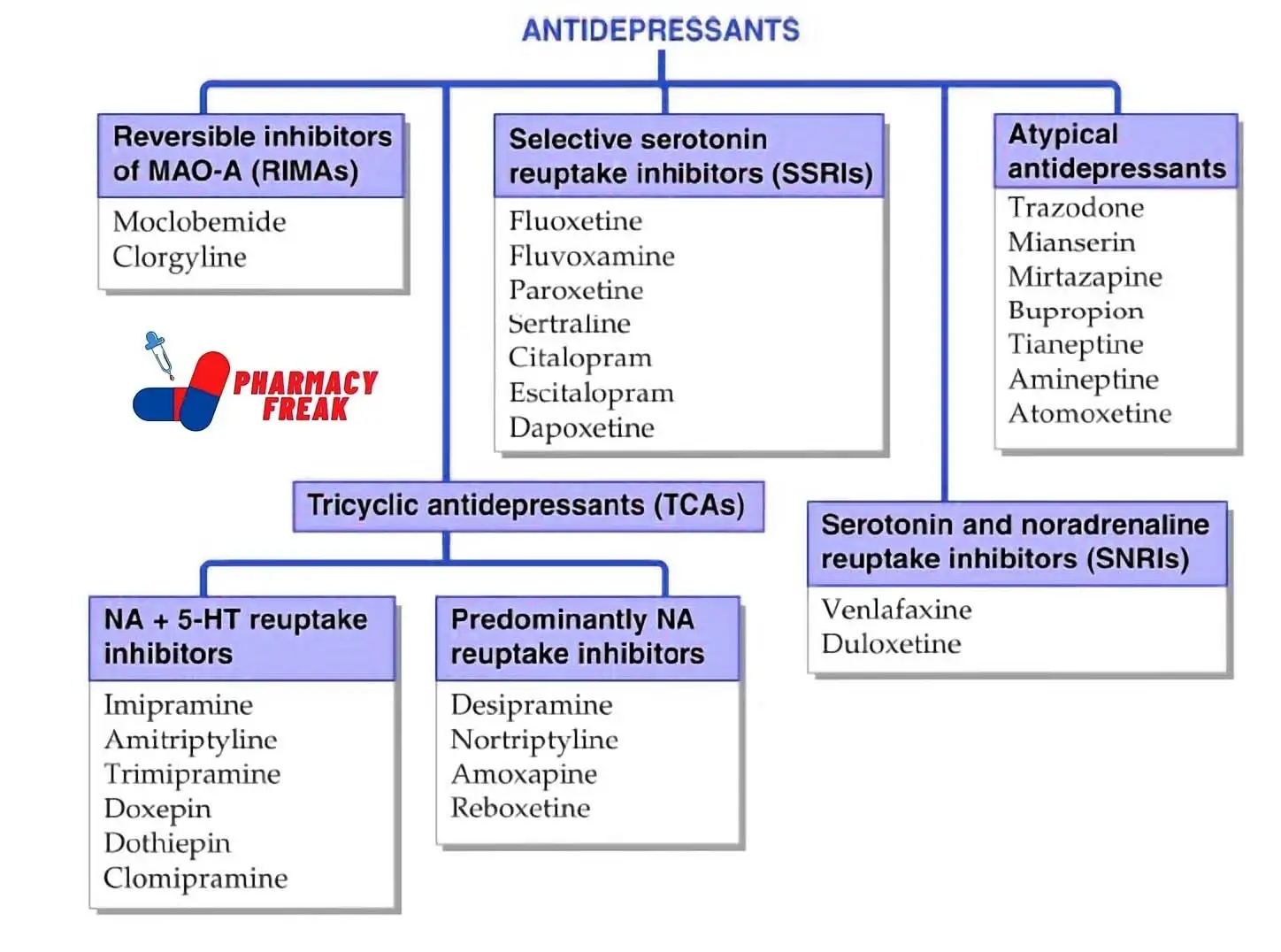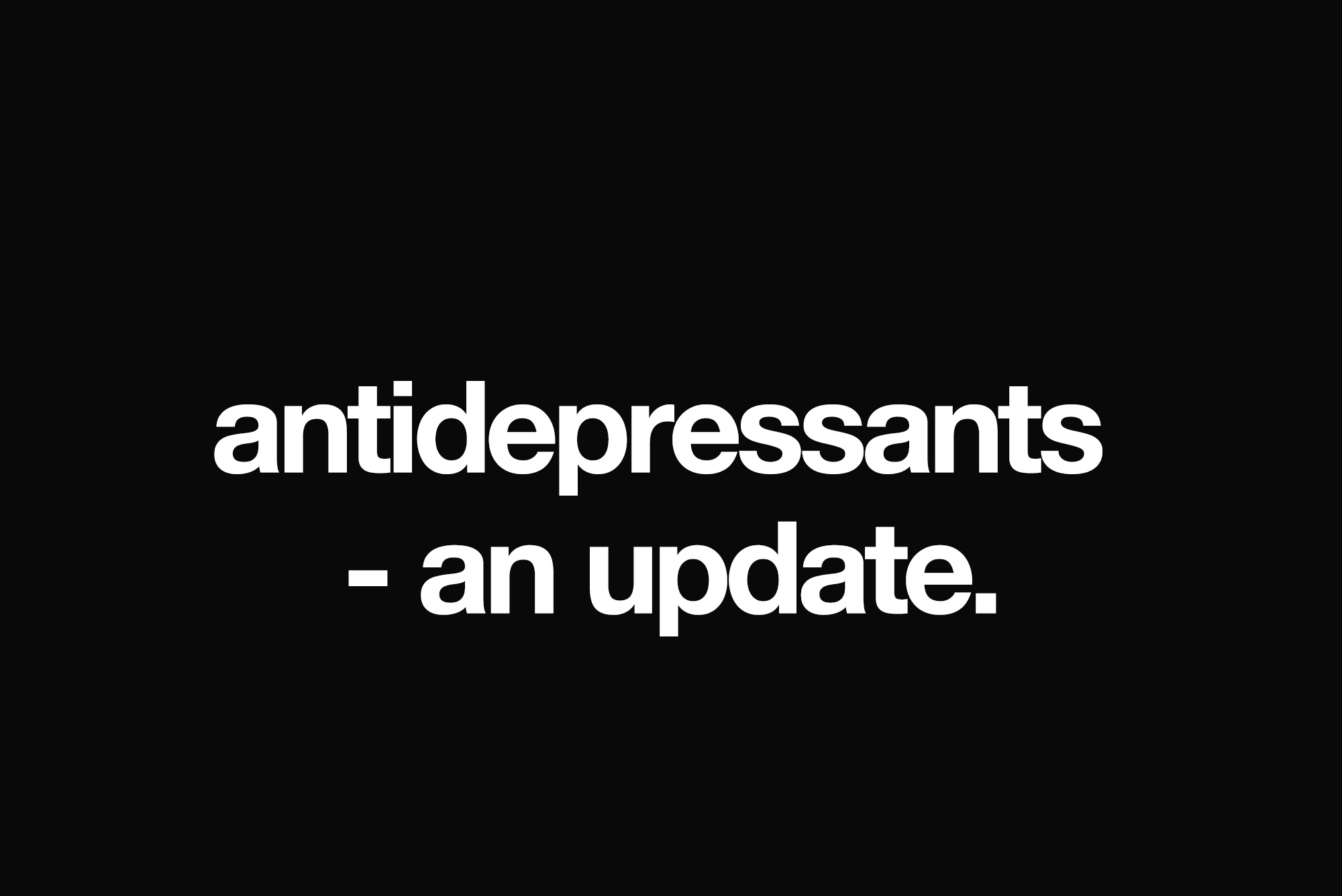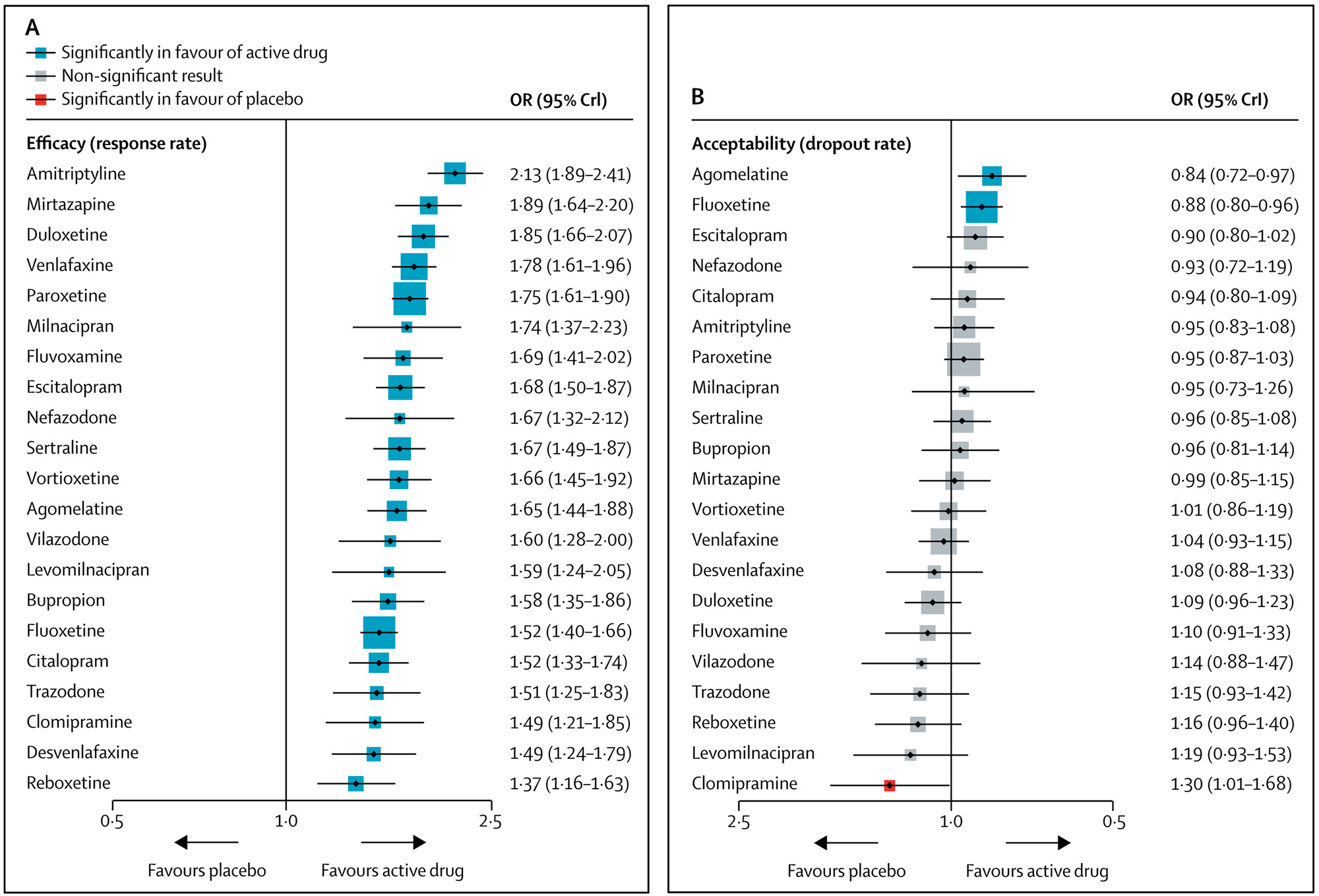Antidepressants have become a buzzword in the mental health conversation, and for good reason. Whether you're just starting your journey toward better mental health or you've been navigating this path for a while, understanding antidepressants is key. They're not just pills; they're tools that can help you reclaim control over your life. So, buckle up because we're diving deep into the world of antidepressants, where science meets emotion, and clarity meets complexity.
Let's face it, living with depression or anxiety can feel like carrying a heavy backpack full of rocks everywhere you go. It's exhausting, overwhelming, and sometimes downright debilitating. That's where antidepressants come in. These medications are designed to help balance the chemicals in your brain, giving you a fighting chance to break free from that emotional weight. But there's so much more to the story than just popping a pill.
In this article, we're going to break it all down—from the science behind how antidepressants work to the potential side effects, and everything in between. This isn't just another run-of-the-mill guide; it's a deep dive into what you need to know to make informed decisions about your mental health. Ready? Let's get started!
Read also:Katie Couric Celebrates Husband John Molners Birthday With Heartfelt Video
Table of Contents
- What Are Antidepressants?
- How Do Antidepressants Work?
- Types of Antidepressants
- Benefits and Risks
- Common Side Effects
- Effectiveness of Antidepressants
- Who Needs Antidepressants?
- Combining Antidepressants with Therapy
- Myths About Antidepressants Debunked
- Final Thoughts
What Are Antidepressants?
First things first, let's talk about what antidepressants actually are. Simply put, they're medications prescribed to treat depression, anxiety, and other mood disorders. Think of them as your brain's personal assistant, helping to regulate the chemicals that influence your mood and emotions. They're not a magic cure, but they can make a world of difference when used correctly.
Now, here's the kicker: antidepressants aren't just for people with severe depression. They're also used to treat conditions like obsessive-compulsive disorder (OCD), generalized anxiety disorder (GAD), and even chronic pain. That's right, they're versatile little helpers that can tackle more than just sadness.
Why Are Antidepressants So Important?
Here's the thing: mental health is just as important as physical health, and antidepressants play a crucial role in bridging the gap. Without them, millions of people would struggle to find relief from their symptoms. It's like having a toolbox for your brain, and antidepressants are one of the most important tools in that box.
How Do Antidepressants Work?
Alright, let's get nerdy for a second. Antidepressants work by altering the levels of certain neurotransmitters in your brain, like serotonin, dopamine, and norepinephrine. These chemicals are like the messengers that help your brain communicate, and when they're out of balance, it can lead to mood disorders.
SSRIs, or selective serotonin reuptake inhibitors, are one of the most common types of antidepressants. They work by increasing the amount of serotonin in your brain, which can help improve your mood. It's like giving your brain a serotonin boost, and who doesn't need a little pick-me-up sometimes?
Is It All About Chemistry?
Not entirely. While the chemistry part is crucial, it's not the whole story. Antidepressants also help rewire your brain's response to stress and negative thoughts. It's like training your brain to think differently, and that can have a lasting impact on your mental health.
Read also:Kelly Ripa Dives Into Family Memories With Mark Consuelos A Heartwarming Journey
Types of Antidepressants
Not all antidepressants are created equal. There are several types, each with its own unique benefits and potential side effects. Let's break them down:
- SSRIs (Selective Serotonin Reuptake Inhibitors): These are the most commonly prescribed antidepressants. They're effective for depression, anxiety, and OCD.
- SNRIs (Serotonin-Norepinephrine Reuptake Inhibitors): These work on both serotonin and norepinephrine, making them great for depression and chronic pain.
- TCAs (Tricyclic Antidepressants): These are older medications that are still used today, especially for treatment-resistant depression.
- MAOIs (Monoamine Oxidase Inhibitors): These are less common due to dietary restrictions but can be effective for certain cases.
Choosing the right type of antidepressant depends on your specific needs and how your body responds to the medication. It's a bit like finding the perfect pair of shoes—it might take some trial and error, but it's worth it in the end.
Benefits and Risks
Let's talk about the good and the not-so-good. Antidepressants offer a lot of benefits, but they also come with potential risks. Here's what you need to know:
On the plus side, antidepressants can significantly reduce symptoms of depression and anxiety, improve sleep, and enhance overall quality of life. They're like the unsung heroes of mental health treatment, working quietly in the background to make a big difference.
On the flip side, they can have side effects, ranging from mild to more serious. Some people experience nausea, insomnia, or weight gain, while others might have more severe reactions. It's important to work closely with your doctor to monitor any side effects and adjust your treatment plan as needed.
Are Antidepressants Addictive?
This is a common question, and the answer is no, they're not addictive in the traditional sense. However, some people may experience withdrawal symptoms if they stop taking them suddenly. That's why it's always best to taper off under the guidance of a healthcare professional.
Common Side Effects
Side effects are a part of the antidepressant journey, but they don't have to derail your progress. Here are some of the most common ones:
- Nausea
- Dry mouth
- Insomnia or drowsiness
- Weight changes
- Sexual dysfunction
Most side effects tend to improve over time, but if they persist or become unbearable, it's important to talk to your doctor. There are often solutions or alternative medications that can help.
Managing Side Effects
Here's the deal: managing side effects is all about communication and patience. Don't hesitate to reach out to your healthcare provider if you're struggling. They can offer tips, adjust your dosage, or switch medications if necessary. Remember, you're not alone in this, and your mental health is worth the effort.
Effectiveness of Antidepressants
So, how effective are antidepressants, really? The answer varies from person to person. Some people experience significant improvement in their symptoms, while others may need to try different medications before finding the right fit.
Studies show that antidepressants can be highly effective when combined with therapy. It's like a one-two punch against mental health challenges, addressing both the biological and psychological aspects of your condition.
How Long Does It Take to Work?
Here's the thing: antidepressants don't work overnight. It can take anywhere from two to six weeks to start noticing improvements, and full effects may not be felt for several months. Patience is key, but it's also important to keep your doctor informed about your progress.
Who Needs Antidepressants?
Not everyone with depression or anxiety needs antidepressants. They're typically prescribed for moderate to severe cases where other treatments haven't been effective. But it's not just about the severity of your symptoms; it's also about how they're impacting your daily life.
For some people, antidepressants can be a game-changer, allowing them to function better at work, in relationships, and in their overall lives. It's about finding what works best for you, and that often involves a combination of medication, therapy, and lifestyle changes.
When to Seek Help
If you're struggling with persistent sadness, anxiety, or hopelessness, it's important to reach out for help. Antidepressants might be part of the solution, but only a qualified healthcare professional can determine if they're right for you.
Combining Antidepressants with Therapy
Here's the kicker: antidepressants are most effective when combined with therapy. Think of it as a tag team effort, where medication addresses the biological aspects of your condition, and therapy tackles the emotional and psychological side.
Cognitive-behavioral therapy (CBT) is one of the most effective types of therapy for depression and anxiety. It helps you identify and change negative thought patterns, giving you the tools to manage your symptoms more effectively.
Why Therapy Matters
Antidepressants can help lift the fog of depression, but therapy can teach you how to stay grounded. It's like giving you a map and a compass for navigating the ups and downs of life. Together, they create a powerful combination that can lead to lasting change.
Myths About Antidepressants Debunked
There are a lot of myths floating around about antidepressants, and it's time to set the record straight. Here are a few common ones:
- Myth: Antidepressants are a crutch. Fact: They're a tool, just like insulin is for diabetes. They help balance what's out of balance in your brain.
- Myth: They'll change who you are. Fact: They're designed to help you feel more like yourself, not someone else.
- Myth: They're only for severe cases. Fact: They can be helpful for a range of conditions, from mild to severe.
Dispelling these myths is crucial for reducing stigma and encouraging people to seek the help they need.
The Importance of Education
Education is key when it comes to understanding antidepressants. The more you know, the better equipped you are to make informed decisions about your mental health. Don't be afraid to ask questions, do research, and seek out reliable sources of information.
Final Thoughts
Antidepressants are a powerful tool in the mental health toolbox, but they're not a one-size-fits-all solution. They require careful consideration, ongoing monitoring, and a willingness to work with your healthcare provider to find what works best for you.
Remember, seeking help is a sign of strength, not weakness. Whether it's through medication, therapy, or both, taking steps toward better mental health is one of the most important things you can do for yourself.
So, what's next? If you're considering antidepressants or already on them, keep the lines of communication open with your doctor. Share your experiences, ask questions, and advocate for your mental health. And don't forget to celebrate the small victories along the way—they all add up to big progress.
Now it's your turn. Share your thoughts, experiences, or questions in the comments below. Let's keep the conversation going and break the stigma surrounding mental health treatment. Together, we can create a world where everyone has access to the help they need.


